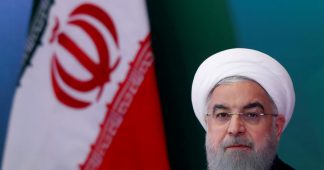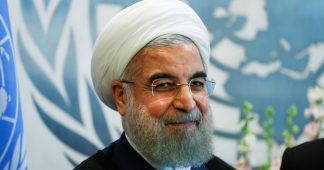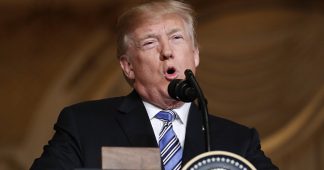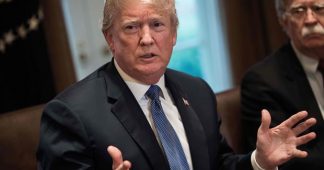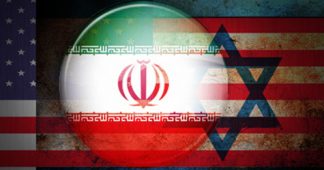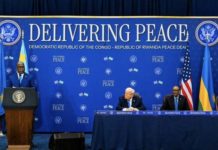9 May 2018
Martin B. Malin executive director Project on Managing the Atom at the Belfer Center for Science and International Affairs, Harvard Kennedy School
The coming weeks and months will be consumed with discussion of how to manage the consequences of President Trump’s unilateral withdrawal of the United States from the nuclear agreement with Iran known as the Joint Comprehensive Plan of Action (JCPOA). Today, however, it is important to take stock of the damage.
The US withdrawal cedes both the high ground and the initiative to Iran. President Rouhani has already announced Iran will attempt to negotiate a continuation of the JCPOA with its remaining members, and most of the other parties have already expressed their willingness to maintain the arrangement absent the United States. The United States will shoulder the blame if the JCPOA collapses, and in the meantime has no seat on the Joint Commission to steer the agreement’s implementation.
Keeping the JCPOA intact won’t be easy. Opponents of the deal in Iran, who warned in 2015 that the United States could not be trusted, have been vindicated. The whole notion of engagement with the West has been discredited. For many Iranians, news of a possible breakthrough with North Korea suggests that nuclear weapons confer far more negotiating leverage than does an enrichment program, and Iran no longer has even much of the latter. Unless Rouhani can demonstrate continuing and sizable economic benefits from remaining in the JCPOA, internal politics may force him to suspend elements of the nuclear constraints under the deal, leading to its collapse.
Trump’s move will also increase tensions in an already smoldering Middle East. If Iran exits the deal, ramps up enrichment, and reconstitutes other elements of its nuclear program, the use of US military force against Iran, possibly coordinated with Israel and Saudi Arabia, will become a very real possibility. It is unlikely the violence will be confined to Iranian territory.
The resumption of US nuclear sanctions on Iran will deepen the divide between the United States and Europe. European banks and businesses will cancel current contracts to avoid US penalties (undercutting the viability of a continuation of the JCPOA by the UK, France, Germany, China, Russia and the EU). But European governments, angered by the prospect of sanctions on their companies, will begin to look for ways to retaliate against an intolerably unreliable and increasingly malevolent United States. Retaliation could take the form of EU political and economic sanctions against the United States, along with efforts to indemnify European companies from losses due to US sanctions enforcement. The impact of such measures will not be immediate. But the transatlantic political crisis—against the background of US protectionism, Trump’s withdrawal from the Paris Climate Agreement, and Trump’s earlier equivocation on US commitments to NATO—will have broad repercussions.
If the JCPOA collapses, the International Atomic Energy Agency (IAEA) may too face an untenable situation. Israel and possibly other member states will spur the agency to investigate allegations of previously undisclosed weapons-related activities in Iran. Iran will bar IAEA access to the very sites, people, and information it previously enjoyed. And the United States will sideline the IAEA, apparently seeing no value in IAEA reports that do not advance US efforts to bring about Iranian political capitulation. As the nuclear crisis deepens, the UN Security Council will be rendered powerless by opposing interests among its five permanent members.
Finally, Trump’s decision demonstrates that the United States cannot be trusted to keep its promises. No country, friend or foe, will be able to continue to take US assurances at face value. With US credibility in tatters, it is hard to imagine how the Trump administration will succeed in negotiating new trade agreements or burden-sharing with allies, let alone the denuclearization of the North Korea.
Published at https://thebulletin.org/commentary/taking-stock-damage11800
